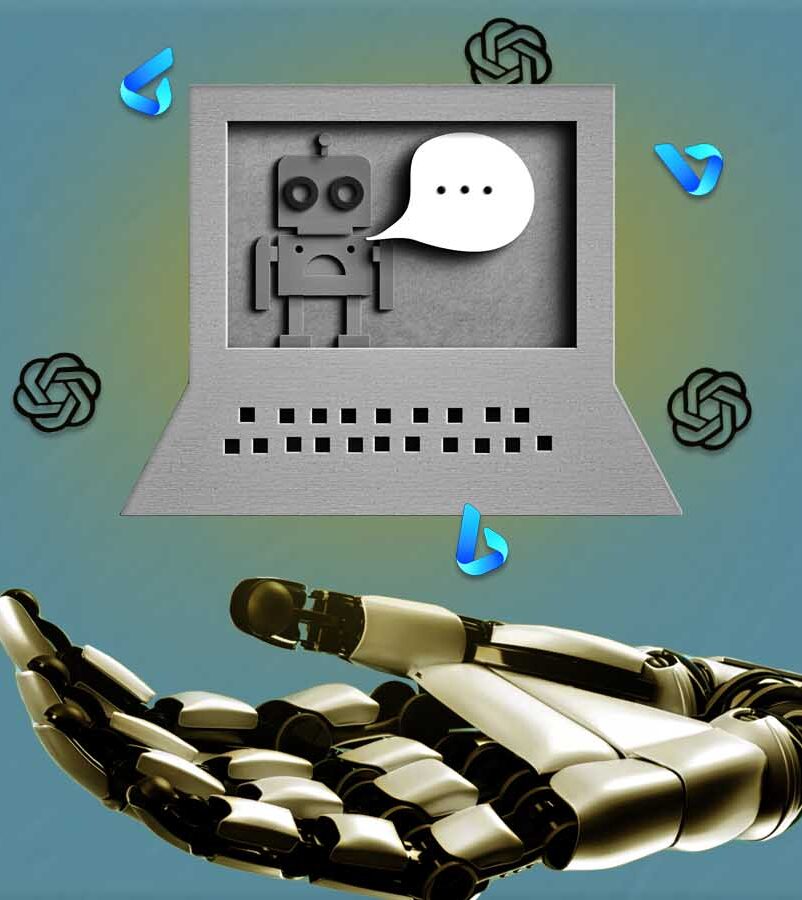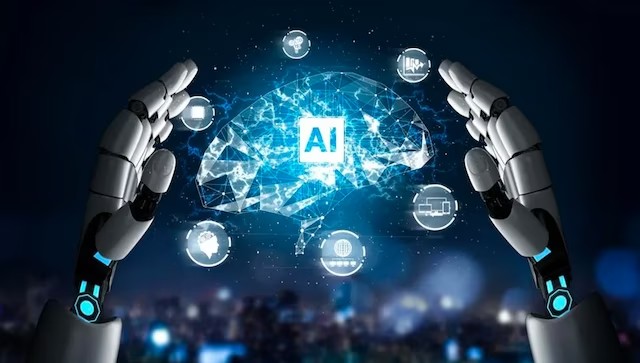
ChatGPT is a form of artificial intelligence (AI) that is becoming increasingly popular in the world of online communication. It is a chatbot that uses natural language processing (NLP) to generate responses to user input. While ChatGPT can be a useful tool for providing quick and accurate responses to questions, it also has the potential to lead to unintended consequences.
The primary danger of ChatGPT is that it can be used to spread misinformation. Since ChatGPT is based on natural language processing, it can be easily manipulated to generate false information. This can be done by feeding the chatbot biased or inaccurate data, which it will then use to generate responses. This can lead to the spread of false information, which can have serious implications for public discourse.
Another potential danger of ChatGPT is that it can be used to manipulate people’s opinions. Since ChatGPT is based on natural language processing, it can be used to generate persuasive messages that are tailored to the user’s interests and beliefs. This can be used to influence people’s opinions and decisions, which can have serious implications for democracy and public discourse.
Finally, ChatGPT can be used to invade people’s privacy. Since ChatGPT is based on natural language processing, it can be used to collect data about users’ conversations and interests. This data can then be used to target users with personalized ads or other content. This can lead to a loss of privacy and can be used to manipulate people’s opinions and decisions.
In conclusion, ChatGPT is a powerful tool that can be used for good or ill. While it can be a useful tool for providing quick and accurate responses to questions, it also has the potential to lead to unintended consequences. It is important to be aware of the potential dangers of ChatGPT and to use it responsibly.
He Loves Artificial Intelligence, But Why Is He Warning Us About ChatGPT?
ChatGPT is a powerful artificial intelligence (AI) technology that has the potential to revolutionize the way we interact with computers. However, it is important to be aware of the potential risks associated with this technology.
ChatGPT is a natural language processing (NLP) system that is designed to generate human-like conversations. It is based on a deep learning algorithm that is trained on large datasets of conversations. This allows it to generate responses that are more natural and human-like than those generated by traditional AI systems.
However, ChatGPT has some potential risks that should be considered. First, it is possible for ChatGPT to generate responses that are inappropriate or offensive. This could lead to users being exposed to offensive or inappropriate content. Additionally, ChatGPT could be used to spread false information or manipulate users into taking certain actions.
Finally, ChatGPT could be used to collect personal data from users. This data could be used to target users with ads or other content. It could also be used to build detailed profiles of users, which could be used for malicious purposes.
For these reasons, it is important to be aware of the potential risks associated with ChatGPT. It is important to ensure that any system using ChatGPT is properly secured and monitored to ensure that it is not used for malicious purposes. Additionally, users should be aware of the potential risks associated with using ChatGPT and take steps to protect their personal data.
Exploring the Potential Benefits and Risks of ChatGPT__WPAICG_IMAGE__
ChatGPT is a new artificial intelligence (AI) technology that has the potential to revolutionize the way people communicate. This technology uses natural language processing (NLP) to generate responses to user input in a conversational manner. It is based on the popular GPT-3 model, which is a powerful AI system developed by OpenAI.
The potential benefits of ChatGPT are numerous. It could be used to create virtual assistants that can help people with tasks such as scheduling appointments, making reservations, and providing customer service. It could also be used to create chatbots that can provide personalized advice and recommendations. Additionally, ChatGPT could be used to create virtual agents that can interact with customers in a more natural way.
However, there are also potential risks associated with ChatGPT. For example, it could be used to create malicious bots that spread misinformation or engage in malicious activities. Additionally, ChatGPT could be used to create bots that are designed to manipulate people into making decisions that are not in their best interests.
Overall, ChatGPT has the potential to revolutionize the way people communicate. However, it is important to consider the potential risks associated with this technology before implementing it. It is also important to ensure that any bots created using ChatGPT are designed with ethical considerations in mind. By doing so, we can ensure that ChatGPT is used for its intended purpose and that it does not lead to any unintended consequences.
Is ChatGPT a Threat to Human Intelligence?
ChatGPT is an artificial intelligence (AI) system that is capable of generating human-like conversations. It is based on a natural language processing (NLP) model known as a transformer, which is trained on large datasets of conversations. While ChatGPT has the potential to revolutionize the way we interact with machines, it is important to consider the implications of this technology on human intelligence.
ChatGPT is designed to mimic human conversation, but it is not capable of understanding the context of a conversation or the nuances of human language. This means that it is not able to think for itself or make decisions based on its own understanding. As such, it is not a threat to human intelligence.
However, ChatGPT does have the potential to be used in ways that could be detrimental to human intelligence. For example, it could be used to create automated customer service agents that are indistinguishable from humans. This could lead to a decrease in the quality of customer service, as well as a decrease in the number of jobs available for humans.
In addition, ChatGPT could be used to create automated content that is indistinguishable from human-generated content. This could lead to a decrease in the quality of content, as well as a decrease in the number of jobs available for human writers.
Overall, ChatGPT is not a threat to human intelligence. However, it is important to consider the potential implications of this technology and to ensure that it is used responsibly.
How Can We Prepare for the Future of Artificial Intelligence with ChatGPT?
The future of Artificial Intelligence (AI) is an exciting prospect, and one that is rapidly becoming a reality. As AI technology continues to evolve, it is important to be prepared for the changes that it will bring. ChatGPT is a powerful tool that can help us prepare for the future of AI.
ChatGPT is a natural language processing (NLP) system that uses a deep learning model to generate human-like conversations. It is designed to understand and respond to natural language input, and can be used to create interactive chatbots and virtual assistants. By using ChatGPT, we can create AI-powered conversations that simulate real-world conversations, allowing us to better understand how AI will interact with humans in the future.
ChatGPT can also be used to create AI-powered customer service agents. By using ChatGPT, businesses can create virtual agents that can respond to customer inquiries in a natural and conversational manner. This can help businesses provide better customer service and improve customer satisfaction.
ChatGPT can also be used to create AI-powered virtual assistants. By using ChatGPT, businesses can create virtual assistants that can respond to customer inquiries in a natural and conversational manner. This can help businesses provide better customer service and improve customer satisfaction.
Finally, ChatGPT can be used to create AI-powered virtual agents that can be used to automate tasks. By using ChatGPT, businesses can create virtual agents that can automate mundane tasks such as scheduling appointments, sending emails, and more. This can help businesses save time and money, and improve efficiency.
By using ChatGPT, we can prepare for the future of AI by creating AI-powered conversations, customer service agents, and virtual assistants. By doing so, we can ensure that we are ready for the changes that AI will bring, and that we are able to take advantage of the opportunities that AI presents.



